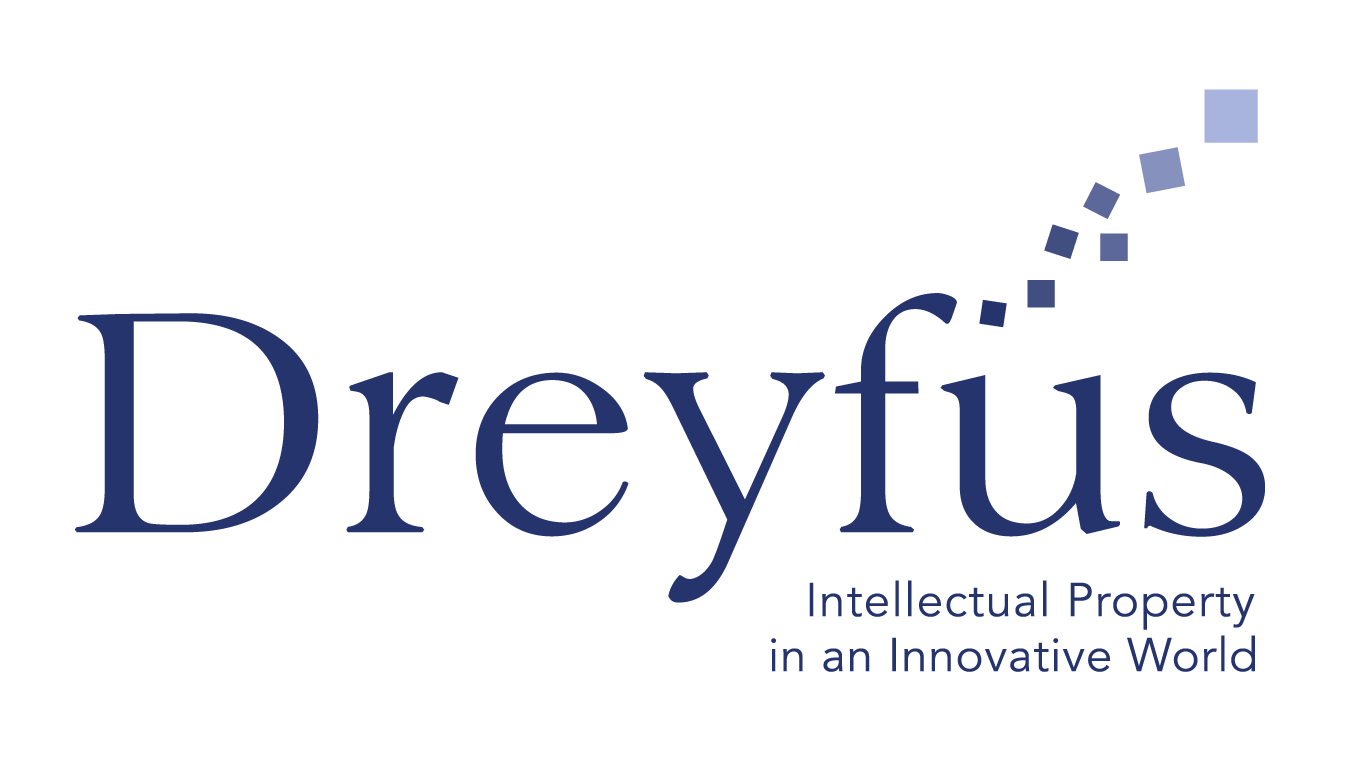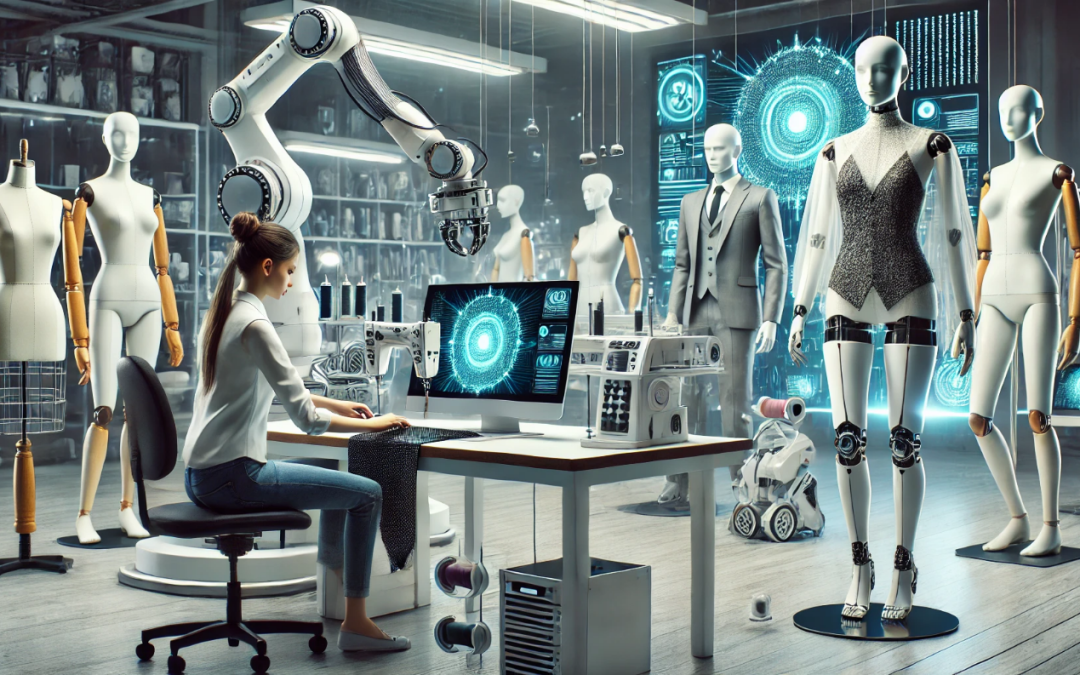Image generated by DALL E 3 Microsoft version
In the dynamic arena of fashion, the integration of artificial intelligence (AI) is proving to be a revolutionary force. Specifically, generative AI has emerged as a game-changer, with its capacity to autonomously generate original content spanning images, text, and complex designs. This capability extends significantly beyond traditional AI applications which typically process and respond to data within predefined parameters.
Generative AI however refers to algorithms that can create content independently, without direct human input.
In the fashion industry, these tools are used to design clothing, generate promotional materials, and analyze trends. Fashion giants like Shein have leveraged AI to dissect and anticipate fashion trends, significantly reducing costs and speeding up production cycles. Yet, this efficiency comes with IP concerns, particularly regarding the originality and ownership of AI-generated creations.
For example, some fashion brands are exploring the use of AI to maintain a designer’s unique style posthumously. Maison Meta has developed AI applications that encapsulate and reproduce the design ethos of veteran designers, ensuring brand continuity. This raises another pertinent question: who holds the IP rights to designs produced by AI under the guidance of a deceased designer’s style?
Therefore, to what extent does the integration of artificial intelligence in fashion design challenge existing intellectual property legal frameworks and present new dilemmas for international legislation?
Intellectual Property Challenges
The core legal challenge posed by generative AI revolves around copyright infringement and the originality of AI-created designs. Traditional IP law predicates copyright on human authorship and creativity, concepts that are unsettled by AI’s capability to “learn” from vast datasets of existing designs. For instance, if an AI system designs a new piece of clothing based on styles it has been trained on, does this constitute an unauthorized use of the original designs?
Recent cases, such as the dispute between Getty Images and Stability AI, highlight these issues. Courts are currently grappling with whether AI’s use of copyrighted images for training constitutes infringement. Furthermore, as generative AI can produce designs that mirror historic trends or mimic renowned designers without direct copying, the industry must consider whether current laws adequately cover such indirect derivations.
Regulatory and Ethical Considerations
As governments and regulatory bodies try to keep pace with technological advancements, they face the dual challenge of fostering innovation while protecting IP rights.
The UK government, for example, has considered exemptions under copyright law for AI learning processes. These ongoing legislative adaptations are crucial in creating a balanced approach that recognizes both the rights of human creators and the potential of AI.
The European Union (EU) has also taken significant steps to address the challenges posed by the increasing use of artificial intelligence (AI) for data mining, particularly in fields like fashion where large datasets are often used to train AI models. The EU’s approach includes specific exemptions under copyright laws that facilitate data mining for scientific research and innovation while attempting to balance the interests of copyright holders.
Looking Forward: AI and IP Law
As AI continues to permeate the fashion industry, stakeholders must engage in sustained dialogue to address these complex IP issues. Collaboration between tech developers, legal experts, and policymakers will be essential in crafting laws that accommodate the unique challenges posed by AI.
In conclusion, while AI presents significant opportunities for innovation in fashion, it also necessitates a reevaluation of IP frameworks to ensure they remain relevant in this digital age. For companies navigating these intricate waters, specialized guidance is indispensable.
Dreyfus, with its expertise in intellectual property law, stands ready to assist businesses and designers in adapting to these new challenges, ensuring that their innovations are protected while embracing the potential of artificial intelligence.
Contact us and join us on social media!

